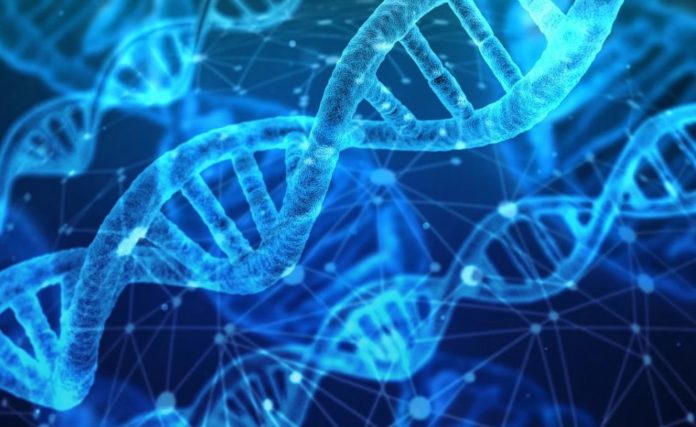DeepMind, the British artificial intelligence (AI) company owned by Google, has solved one of the most difficult and long-lasting challenges in science. It is known as the ‘protein folding problem‘ and is the question of how the amino acid sequence of a protein dictates its three-dimensional atomic structure.
Researchers have long struggled with the complexity problem of proteins that exist in all living things and are formed from thousands of amino acids. They are also known as the building blocks of life.
Their shape is dictated by millions of tiny interactions between these molecules, and deciphering the three-dimensional shape of a single protein is a task that often requires several years of specialized work and equipment.
Knowing the shape of a protein means that researchers can predict how effective drugs will be and the role that protein plays in the body.
Scientists have spent 50 years trying to find a way to quickly predict the structure of a protein, and now the DeepMinds’s new AI system called AlphaFold has solved the puzzle.
AlphaFold was created specifically for this task and was trained on 170,000 proteins and their individual structures, which had previously been determined in the old fashioned way.
The program recorded a mean precision score of 92.4 out of a hundred for predicting protein structure, and a score of 87 for the most challenging proteins category.
Because almost all diseases, including cancer and COVID-19, are related to the three-dimensional structure of a protein, this discovery could help develop treatments and drugs by determining the structure of previously unknown proteins.
There are 200 million known proteins today, but only a tiny part has been analyzed so far since the three-dimensional shapes of proteins are enormously difficult to map.
“This computational work represents a stunning advance on the protein-folding problem, a 50-year-old grand challenge in biology,” commented the president of the Royal Society, Venki Ramakrishnan.
